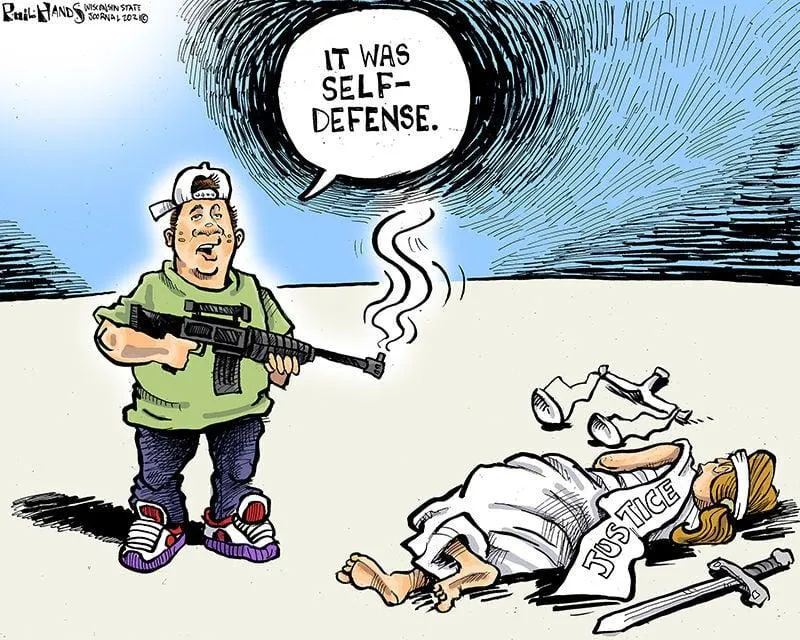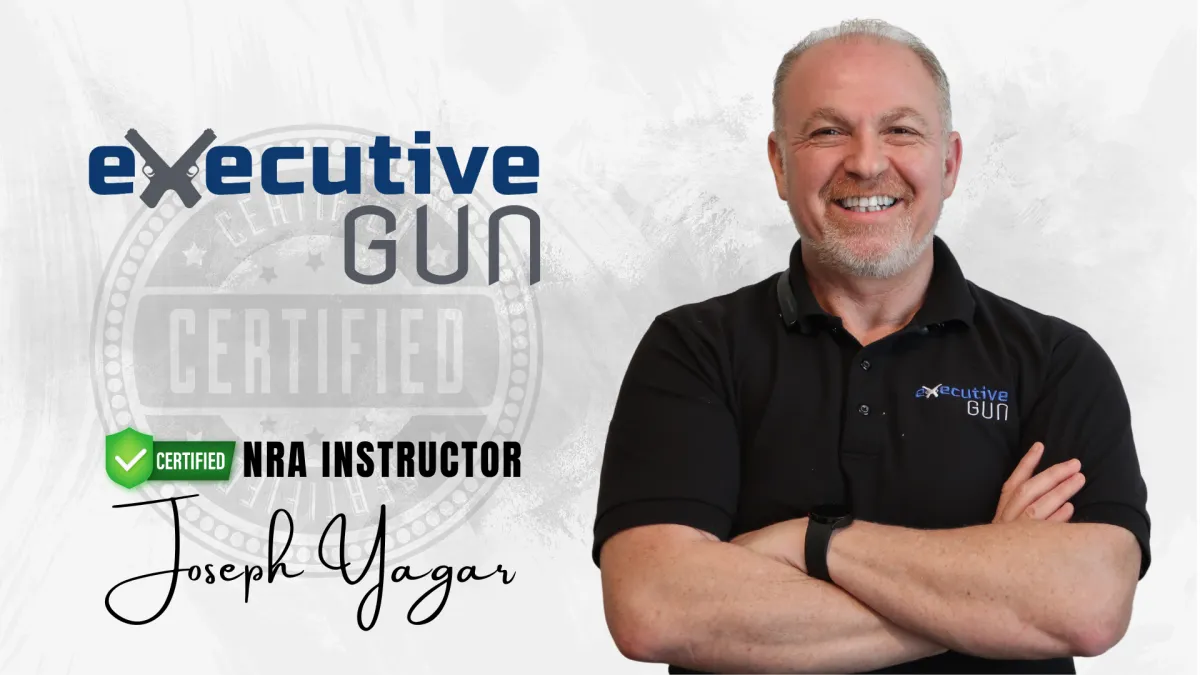

Blog
Tips, Training and News From Executive Gun

Can You Claim Self Defense?
Your worst nightmare just happened. You had to use your firearm in self-defense. You’re shaken up, but unharmed. The attacker though, is dead. Law enforcement is at the scene asking you questions, and witnesses are all around taking videos.
Your head is spinning, your heart is pounding out of your chest, and your head feels like it’s going to explode.
Fast forward a few days, and your lawyer informs you that the state prosecutor decided to take the case to trial.
“Trial?” you ask. “I acted in self-defense.” you plead.
“Well, the prosecutor isn’t convinced.” your attorney replies.
“Supposedly…” your attorney continues, “one of the five elements of self-defense is missing.”
“5 elements? What 5 elements are you talking about?” you ask all confused…
Hi! I’m Joe Yagar, Certified Instructor and Founder of Executive Gun, where safe and responsible gun ownership begins.
Self-defense law varies from state to state. However, all 50 states require that all 5 elements of self-defense be present in order for us to be able to claim self-defense.
Let me be clear, I am not an attorney, and my opinions and suggestions are not to be taken as legal advice.
so, what are the 5 elements of self-defense?
1. Innocence. If you are the aggressor or instigator, you cannot be innocent. unless… you reclaim your innocence before any damage is done.
2. Avoidance. If there is any doubt as to your efforts to avoid the confrontation this element may come back to bite you. In Florida, stand your ground law says we have no duty to retreat if attacked. However, making an effort to retreat anyway, if safely possible, can go a long way to help your case.
3. Imminence. We must be facing immediate danger. That means we’re either already under attack, or the threat is obvious and about to launch. We cannot act too early, or too late.
4. Proportionality. Simply means that we should bot use greater force to defend ourselves than the force being used against us. For example, don’t use deadly force on someone that slaps you with their hand.
5. Reasonableness. Is our decision to use force in self-defense considered reasonable? That’s for a jury to decide, so make it easy for them please.

All 5 elements have a much deeper context than I introduced here. I highly recommend that you get attorney Andrew Branca’s book called the Law of Self Defense to do a deep dive into these 5 elements. Andrew does an amazing job explaining these. I left a link in the description for it.

And if you live in Florida, then the Florida Concealed Carry Law book by Ryan G Thomas is a must have. I left a link in the description for that one too.
It doesn’t matter how good you are with a gun. It doesn't matter what you believe you did right. The only thing that matters is what you and your legal team can prove and how a jury of your peers interprets it.
Believe it or not, firearm skills don’t have to be superior to survive an attack. However, your ability to use these skills responsibly and lawfully under extreme stress and with no time to think needs to be so that you’re not only hard to victimize, but also hard to convict.
Train Hard, Often, and SAFELY and I’ll see you at the range.
Subscribe to Executive Gun Blog and Get Notified When We Post a New Update, Training Trick Or Second Amendment News...

Get Your Florida Concealed Carry Permit With Executive Gun Today!!
Start Watching Our Free Florida Concealed Carry Masterclass™ Now and Get Certified Same day...
All rights Reserved. Copyright 2026 Executive Gun


